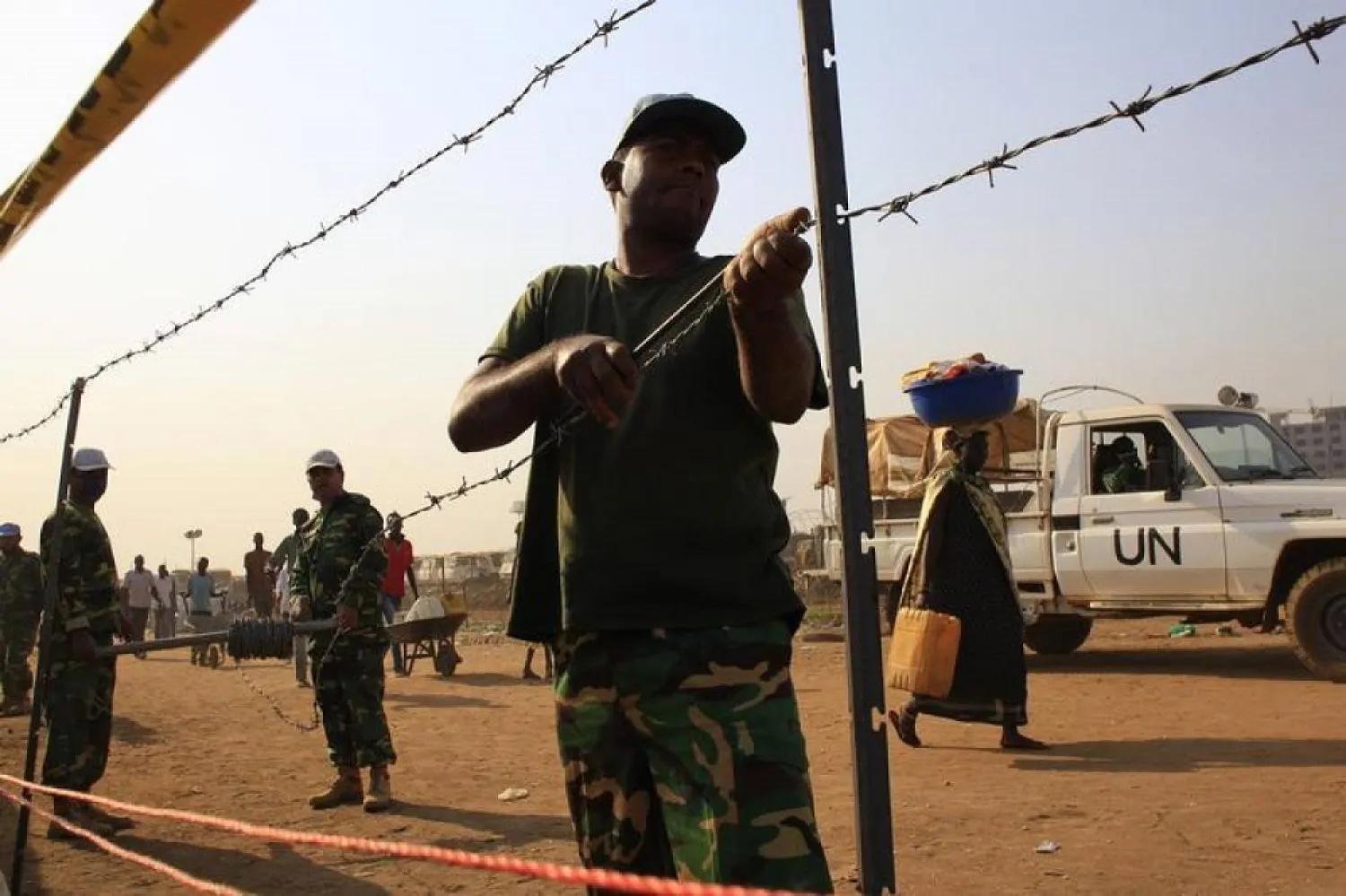Sudan’s National Umma Party, headed by Sadiq al-Mahdi, welcomed the United Nations' approval to send a political mission to the country under Chapter 6 of the UN charter.
In a statement on Saturday, the party welcomed the UN assistance without transferring all of the country's civil administration tasks to the UN committee.
It called on political forces to agree on the role required by the mission to ensure it does not infringe on national sovereignty.
On Feb. 10, Prime Minister Abdalla Hamdok asked the UN to deploy a peacekeeping mission in the country as soon as possible.
The request includes supporting the implementation of the Constitutional Declaration and peace efforts in Juba, mobilizing international economic assistance for Sudan, coordinating in humanitarian assistance issues and offering technical support to the constitutional making.
In other news, the Umma Party called for easing the escalation between Egypt and Ethiopia and avoiding the use of force in their differences over the Grand Ethiopian Renaissance Dam (GERD).
It urged the Sudanese government to seek all means to reconcile both countries in order to reach mutually acceptable solutions.
Mahdi expressed in a statement his regret over the “cold war” between Egypt and Ethiopia, praising US efforts to mediate an agreement among the Nile Basin countries.
He urged holding a UN-sponsored conference for all Nile Bain countries to resolve the dispute and reach a common agreement.
On Feb. 29, Egypt was the only country to initial a deal in Washington on the filling and operation of the $4 billion GERD. Ethiopia skipped the meeting.
The Arab League issued a resolution on March 4, stressing the importance of preserving the rights of Sudan and Egypt to Nile River waters.
It also banned any unilateral measures from Ethiopia, binding it to the principles of international law.
The decision was rejected by Ethiopia and Sudan expressed reservations because it was not consulted over it.









